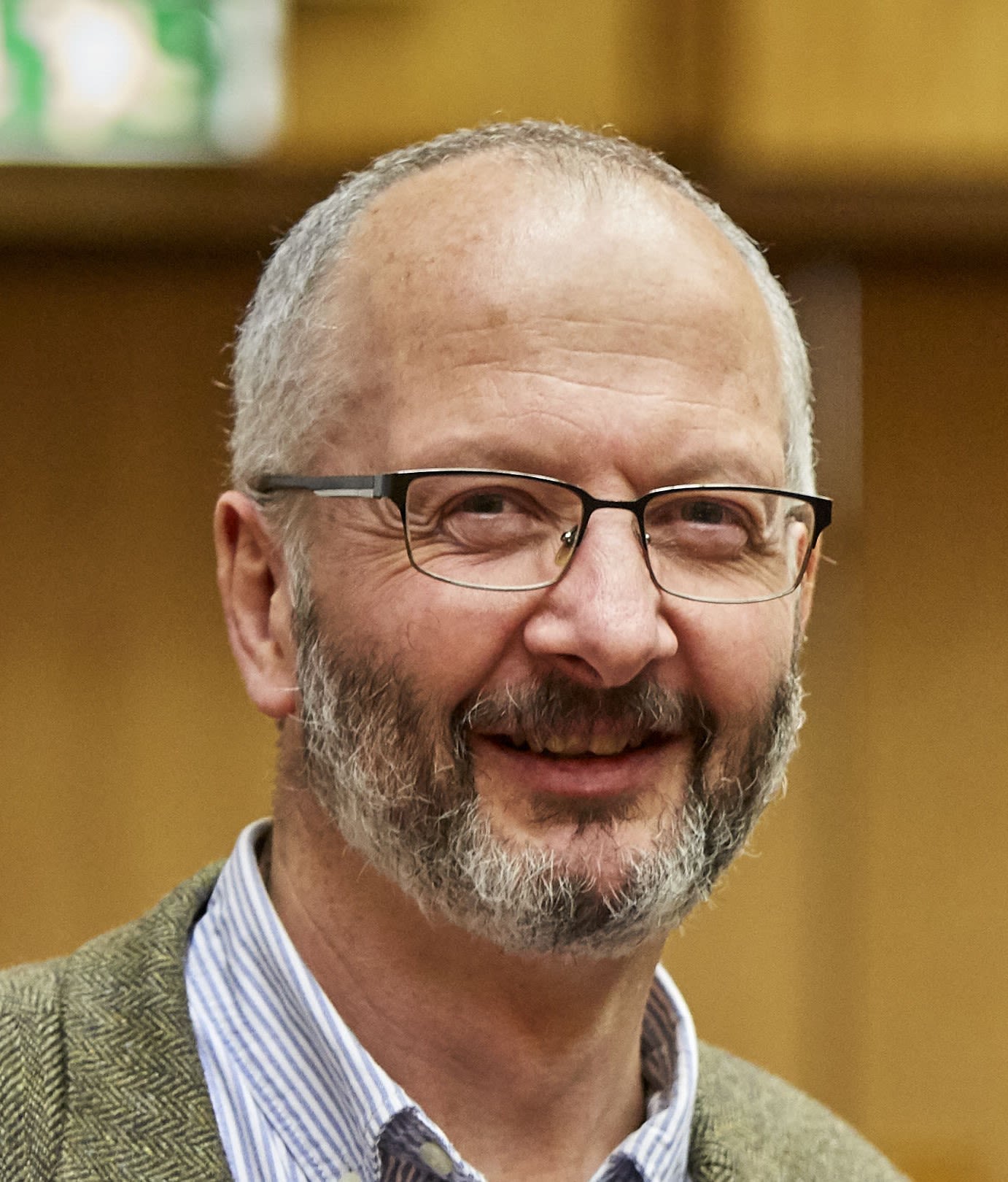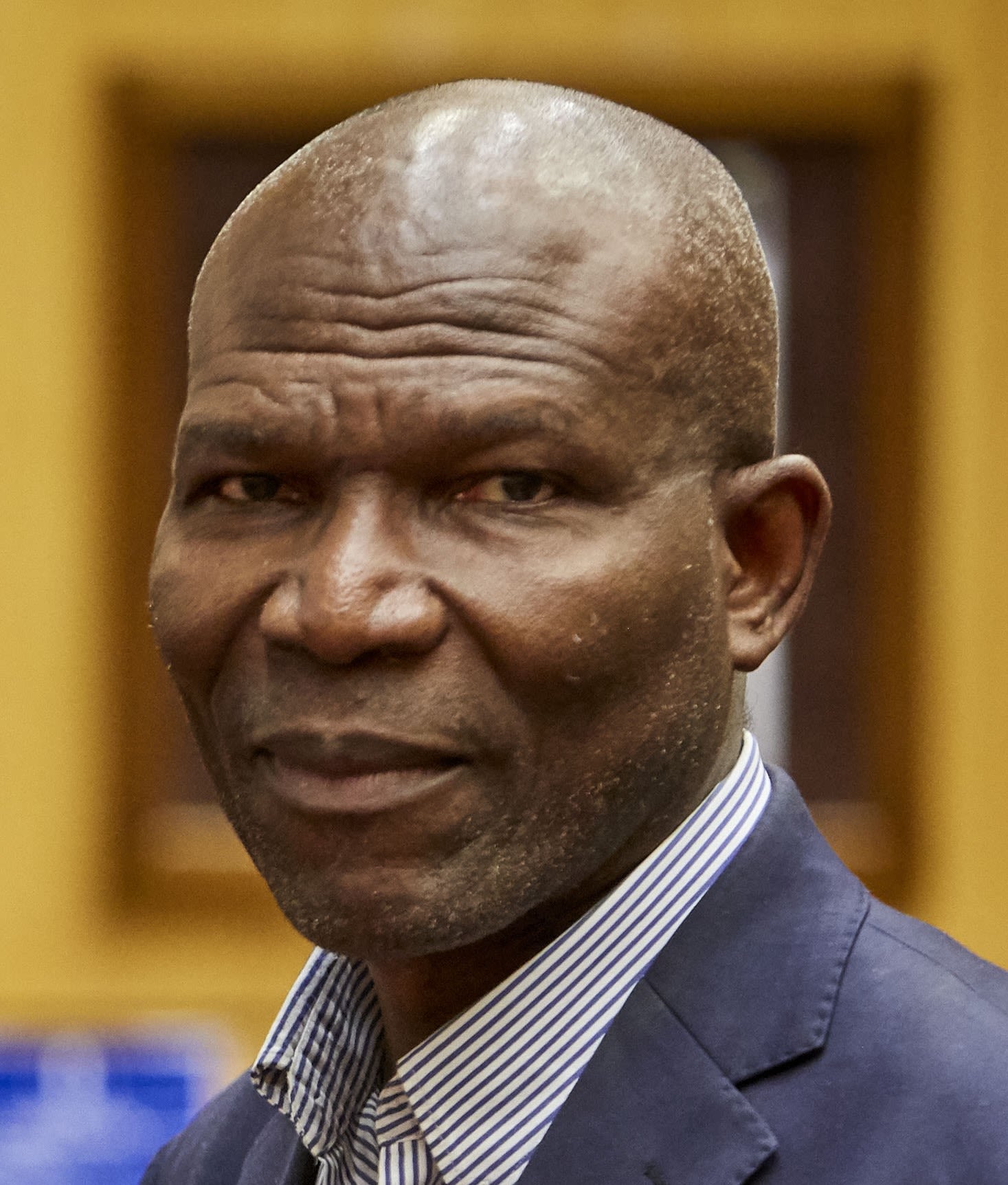Under African skies

The weather can literally be the difference between life and death to millions in the tropics and Global South. Leeds research is protecting people in some of the most vulnerable places on Earth.
In 2016, Typhoon Haiyan devastated the Philippines, leaving thousands dead and two million homeless. Every year, hundreds of fishermen are killed in thunderstorms on Lake Victoria. Almost a million people died in Ethiopia’s famines of the 1980s.
These catastrophes highlight how the tropics and the Global South are vulnerable to variations in the weather and our changing climate. For human health, for vital resources of food and water – and in the extremes of drought, storm and flood – the weather is critical to billions of lives.
Over the past 25 years, Leeds has built a mass of expertise in weather and climate science. Applying this to the urgent issues of the tropics and the Global South has brought vast community benefit – a step-change in tropical weather forecasting, new warning systems to alert communities of imminent danger, protection for forests and better guidance for farmers and fishermen.

Doug Parker
Doug Parker
The work is led by Professor of Meteorology Doug Parker: “Everyone of a certain age can remember the Ethiopian famine of 1984-5 – shocking reports on the news, and international responses like Live Aid,” he says. “This alerted the world to the vulnerability of millions to extreme weather, but also showed how a lack of basic scientific understanding held back the accurate forecasting of these catastrophic events.
“The regions which most urgently needed climate information were those least able to provide it.”
Tropical weather processes are very different to those of Western Europe; our tried and tested forecasting models simply don’t work for those parts of the world. “Weather is affected by two main factors: the sun and the earth’s rotation. It’s the latter that has the biggest impact in the UK, and we’re now pretty good at predicting the big rotating systems of high and low pressure.”
Closer to the equator, the sun has a much greater influence: “The tropics are like the engine room of the Earth’s climate system. The heat from the sun and the warm oceans provide the energy to drive global atmospheric circulation. But because climate science has always been predominantly funded and conducted in the Northern Hemisphere, our forecasting models weren’t geared to these factors.
Leeds has addressed this shortfall head-on, developing forecasting models which work in the tropics: “Years of intensive work have given us a much deeper understanding of monsoon systems, thunderstorms, dust storms and other key components of tropical weather systems. And we’re building the scientific capacity of local agencies to apply this knowledge and develop it further – so now we can give communities warning of impending hazards.”
And while some observations and measurements can be made from the ground and from satellites, often Doug has taken to the skies, flying close to the eye of the storm. A laboratory aboard a specially-converted aircraft operated by the UK's Facility for Airborne
Atmospheric Measurements allows scientists to monitor cloud formations, air quality – and gathering storms. “As the mission scientist, you have to guide the pilot to where you need to be for the project. It’s thrilling, but not always the smoothest flight.”
The work has already helped increase the accuracy of storm alerts to more than two million people in Senegal’s fishing and farming communities and informed guidance to tackle Kenya's locust outbreak in 2019. It has also potentially saved lives by leading to advance warning of landslides and mudslides in Kenya in 2019 and flooding in Budulangi on Lake Victoria in May 2020.
The research is also impacting on other communities in the tropics, such as giving more accurate predictions of tropical cyclone paths in the Bay of Bengal and providing the science to underpin the protection of Amazonian forest.
There are health benefits too. Weather forecasting is giving advance warning of the hot, dusty, dry conditions which can spark a meningitis outbreak, and is supporting maternity services to prepare for the extreme heat which can negatively affect expectant mothers and their babies.
Computer power and smartphones are now giving people access to the information they need to make crucial and potentially lifesaving decisions. ‘Nowcasting’ harnesses statistics, computational tools, image processing and machine learning to produce short-term forecasts and provide immediate warnings of approaching storms. The Forecasting African Storms Application (FASTA) app puts this live information into the hands of fishermen and farmers.
“When I began my fieldwork in Africa, there was no internet and we didn’t have mobile phones,” says Doug. “We were doing things by fax or landline and reading hard copies of weather forecasts in hotel bedrooms.
But now, with the internet allowing us to use satellite solutions more widely and giving people greater access, we’re on the verge of a revolution in weather forecasting.”
A hallmark of Leeds research over the past 25 years has been establishing partnerships with local agencies and institutions, working with those closest to the issues, and ensuring the findings are channelled into real-world applications. At the same time, the University has developed the skills of researchers and professionals across the tropics, fostering the creation of a new generation of scientists to take the work on into the future.
“Something struck me on my first trip to Africa,” says Doug. “I overheard someone question whether the data we were producing would actually help ordinary people. You have to make sure you empower local communities.”
Leeds was instrumental in establishing a new Meteorology and Climate Science programme at Kwame Nkrumah University of Science and Technology in Ghana and has delivered training to forecasters and scientists in the Philippines, Indonesia, Singapore, Vietnam, Malaysia and the Caribbean.
The long-term impact is underpinned by former Leeds PhD and post-doctoral researchers now embedded in key roles across the tropics in the weather and climate services, in government, in the water and power industries, in forestry, fishery and agriculture agencies and in transport.
“This is the legacy of the work we do,” says Doug. “We are putting the knowledge to prepare for the future into the hands of those who need it most, while building their capacity to face the emergent challenges of tomorrow.”
Even so, climate change remains the critical issue. Despite a commitment from governments to limit the rise in global temperatures, the impacts of global warming across the tropics are only likely to grow. “We know temperatures will continue to rise,” says Doug. “That means extreme weather events and crises are going to get bigger and more frequent.
“In Africa, the climate is already changing – and the need for greater resilience can only become yet more acute. Our work has never been more relevant or more in demand.”
Ben Lamptey
Renowned climate expert Benjamin Lamptey of the African Centre of Meteorological Applications for Development in Ghana has worked alongside colleagues in Leeds.
“In Africa we are already seeing more floods and droughts,” he says. “We need science to inform policies and strategies to reduce emissions and mitigate climate change. But we also need better infrastructure, particularly around forecasting, to understand when extreme weather might occur – and minimise its impacts.”
Dr Lamptey's time in Leeds was made possible by a Cheney Fellowship, supported by an alumni donor.

Ben Lamptey
Ben Lamptey
Research wins Royal accolade
The recent award of a prestigious Queen’s Anniversary Prize – the UK’s highest accolade for universities and colleges – recognised decades of research into tropical weather systems and climate science at Leeds.
Awarded every two years since 1994, the Queen's Anniversary Prizes celebrate excellence, innovation and public benefit in further and higher education. This is the third time that the University has won – previous awards have gone to the Institute for Transport Studies and the Institute for Medical and Biological Engineering.
Vice-Chancellor Professor Simone Buitendijk congratulated the team: “Our research in tropical climate examines the issues from many different angles – climate science, engineering, social sciences and policy-making.
“This work is exemplary of our strategy, which sets out a vision for a University which is led by its values and harnesses the expertise, creativity and collaborative potential of all its people to help shape a more equitable and sustainable world.”